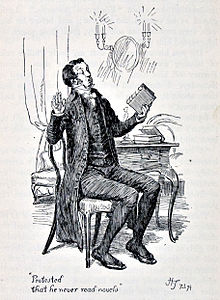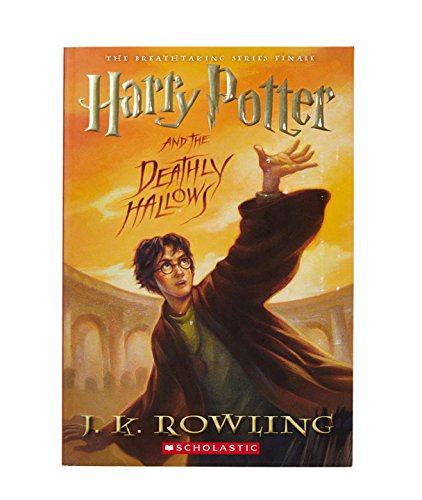Basically, Crusoe gets stranded on this island for 28 years. Yeah.
 The English major among us wants you to know that Robinson Crusoe is often credited as being the first real novel (as opposed to epic poems and all that) and that telling straight narrative this way was so revolutionary that it was disguised as a true-life memoir for years. So there’s your educational component for the month. (Thanks, Haley!)
The English major among us wants you to know that Robinson Crusoe is often credited as being the first real novel (as opposed to epic poems and all that) and that telling straight narrative this way was so revolutionary that it was disguised as a true-life memoir for years. So there’s your educational component for the month. (Thanks, Haley!)
How to Commemorate
- Build anything in your yard (or a friend’s yard).
- Address every stranger as “Friday.”
- No bathing.
Works Cited
Robinson Crusoe










